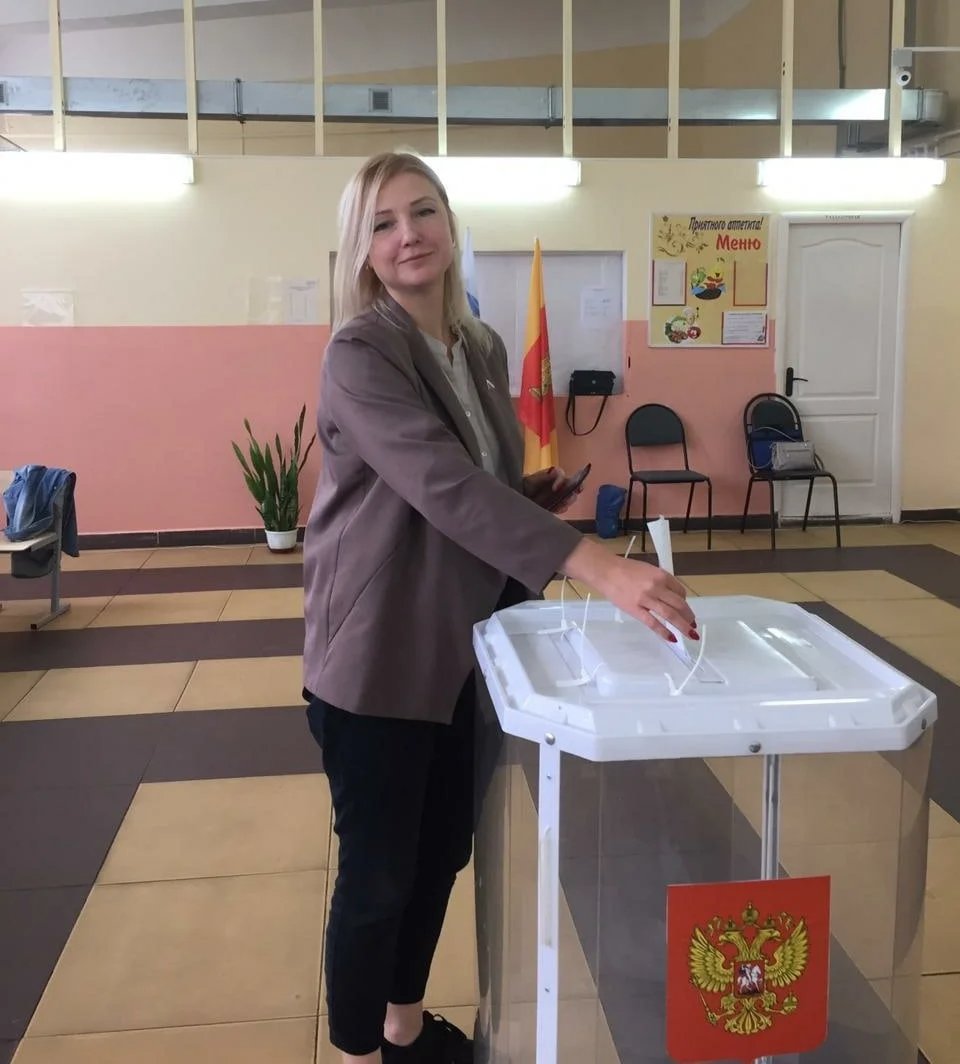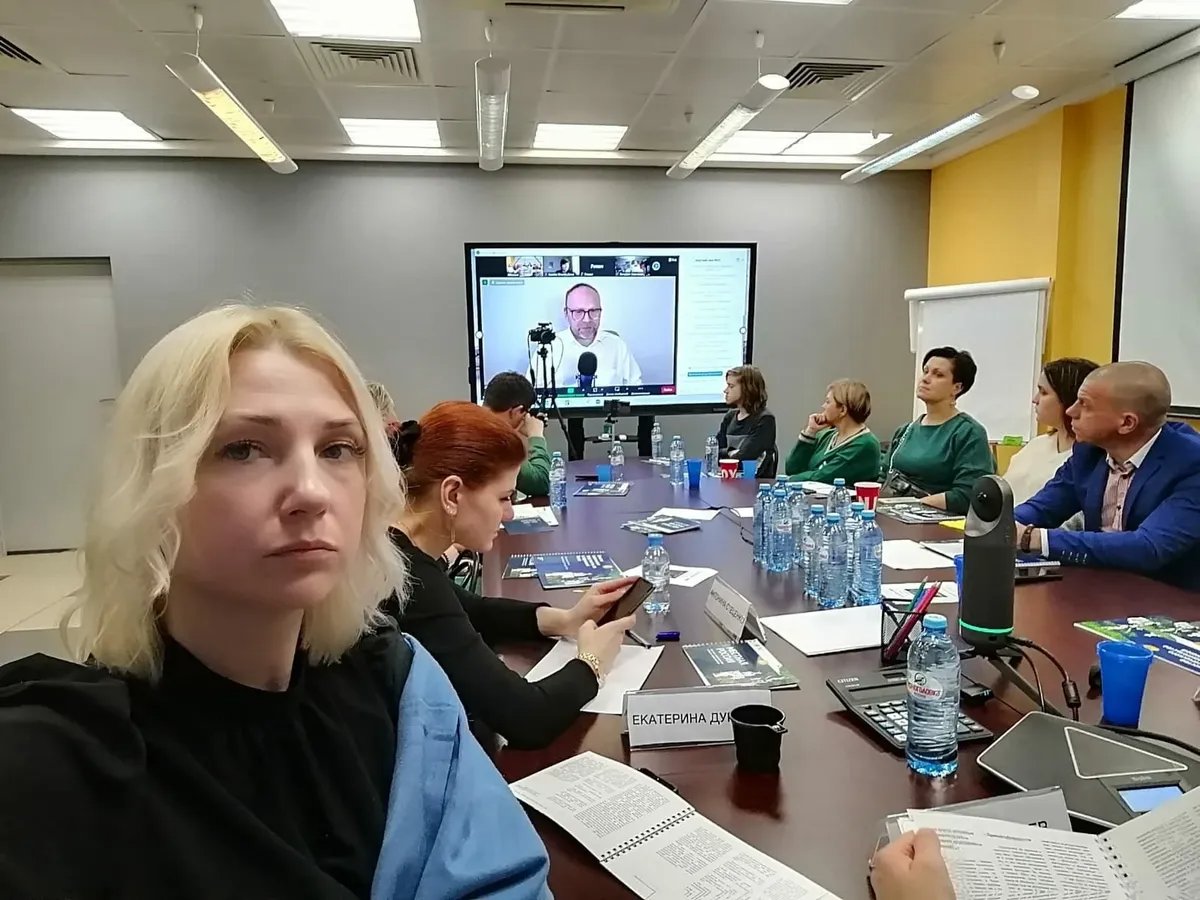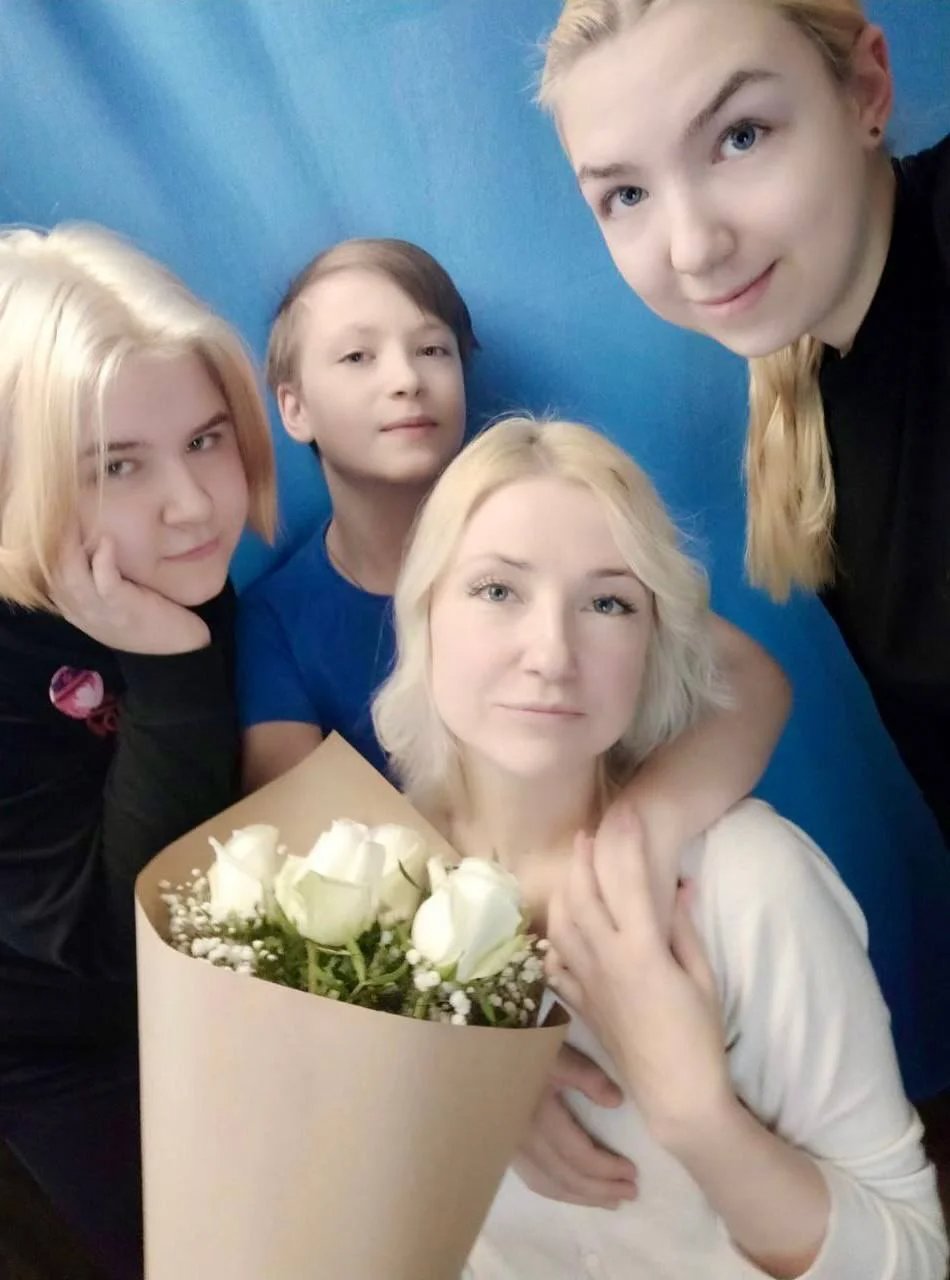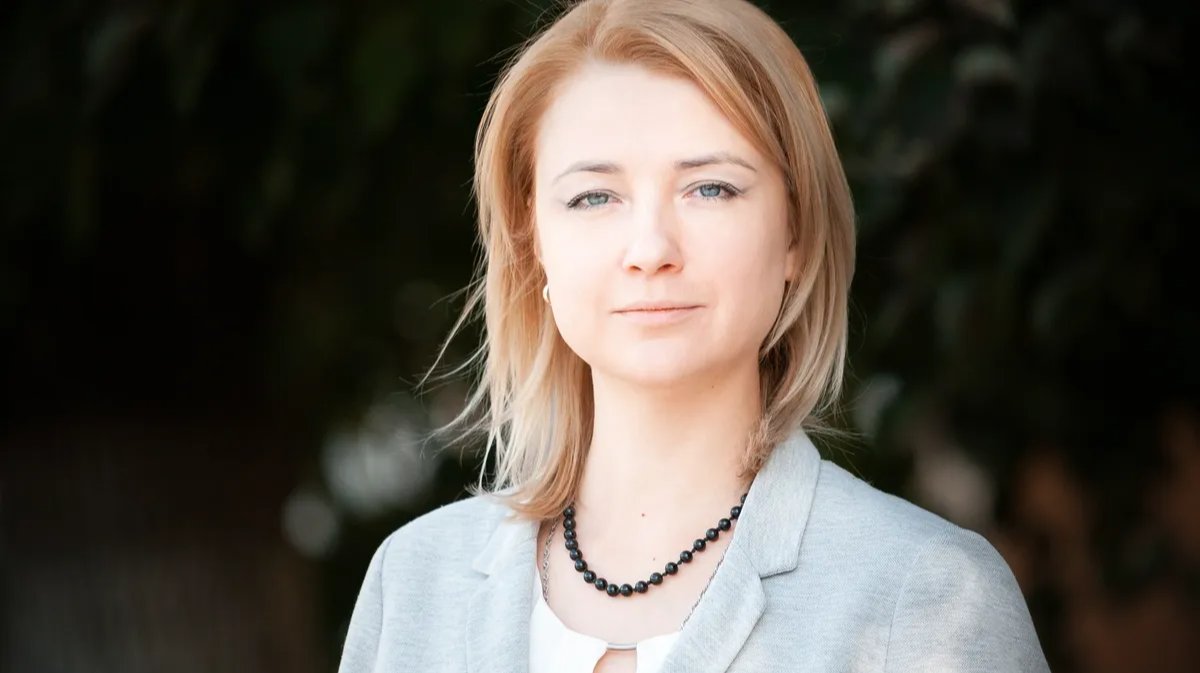Since Yekaterina Duntsova, a small town journalist with no previous national profile, announced her run in next year’s presidential election last month, she has found herself questioned by police and her bank account blocked. While the odds are very much stacked against her, the would-be candidate appears remarkably undaunted.
When Yekaterina Duntsova made her plans to bid for the presidency known in a Telegram post on 16 November, she explained to her subscribers that her love of Russia and her desire for it to be a “democratic, prosperous and peaceful state” had informed her decision.
Duntsova’s candidacy is noteworthy mainly due to her openly anti-war stance, her call for democratic reforms and for the release of political prisoners, beliefs the 40-year-old mother of three says she is ready to go to jail for. “I hope that Russia can be changed democratically. I am sure that it is worth trying … there are many of us,” she says, adding that “any attempt is better than inaction!”
The past month has certainly been an eventful one, with Duntsova’s Telegram channel gaining over 118,000 subscribers. Those numbers surprise her less, she says, than the fact that it’s mostly been foreign or exiled Russian media outlets that pay her any attention.
“I only spoke to two or three media outlets in Russia”, she told Novaya Gazeta Kazakhstan, noting that Russia’s federal broadcasting companies have yet to cover her candidacy at all.

Yekaterina Duntsova / VK
Shortly after announcing her campaign, Duntsova was invited to the prosecutor’s office in her hometown of Rzhev in the Tver region where police officers asked her to explain various statements she had made in her Telegram post.
Duntsova says she refused to answer when she was asked for her opinion of the “special military operation”, citing her constitutional right not to testify against herself.
The trip to the prosecutor’s office doesn’t appear to have discouraged Duntsova or her supporters, however. On the contrary, her following has continued to grow to the point where some in the Kremlin might soon grow concerned.
Inevitably, the machinery of state has already gone to work to ensure that any unsanctioned candidate is immediately put at a disadvantage. Last week, shortly after Duntsova announced she was accepting individual donations to fund her campaign, her bank account with state-controlled bank VTB was frozen.
The public imagination has certainly been captured by the prospect of a genuine opposition candidate entering the race to challenge Putin, and Duntsova suggests that her popularity despite her being an unknown quantity to most is down to people seeing her as a genuine and open person.
“I don’t make myself up, I don’t try to be someone I’m not, I answer questions honestly — naturally within the confines of the law, which restricts me very much on some topics.”
“This is probably a wake-up call for the current government that there are people who want their problems to be paid attention to.”
Big fish, small pond
While a newcomer to national politics, Duntsova is far from a total ingénue, having worked for the past two decades as a journalist, 16 years of which she spent as editor-in-chief of local TV channel RiT in her home of Rzhev, and having served as an independent deputy in the local parliament for three years.
Duntsova’s first foray into politics came in 2017 when she launched a campaign to reinstate direct mayoral elections in Rzhev. That failed to get off the ground when the campaign failed to collect the necessary minimum number of signatures, however.

Yekaterina Duntsova / Telegram
Two years later, Duntsova was elected as an independent to the local parliament, though she can hardly be said to have rocked the boat, lending her support to the ruling United Russia party’s mayoral candidate, Roman Krylov. This, Duntsova told independent Russian media outlet Agentstvo this year, was more about Krylov’s personal qualities than any particular ideological affinity.
It wasn’t until she was revealed to have voted against a series of Kremlin-backed amendments to Russia’s constitution in 2020 that Duntsova began to display her credentials as an independent. She later explained on social media that she had objected in particular to the amendment defining a Russian family as “a union between a man and a woman”, which she said made recognition of same-sex relationships a virtual impossibility.
Being both a journalist and a deputy simultaneously made her feel “bipolar”, Duntsova said. “On the one hand, as a journalist, I had to speak openly about the problems in the government, and on the other hand, as a deputy, I looked at it all in a completely different light.”

Yekaterina Duntsova and her three children / Telegram
The challenges Duntsova faces just to get herself registered as a candidate are almost insurmountable in a rigged political system designed only to give the electorate the impression of agency. She will have to collect 300,000 signatures from people endorsing her run nationwide, which will require a large team of volunteers. Duntsova freely admits that she lacks the financial backing to fund the campaign herself but believes she’ll be able to raise the necessary amount through crowdfunded donations.
Her campaign skews between the naive and the realistic, much like Duntsova herself. While accepting that her central pillar and main talking point — a promise to end the war — may be unpalatable for a large proportion of the population, she seems to have no trouble believing that she’ll manage to get herself registered as a candidate and even reach the second round of voting. Yet despite this positive, can-do attitude, the realist in Yekaterina Duntsova still cannot allow herself to be duped into believing that there’s such a thing as a fair election in Russia today.
Join us in rebuilding Novaya Gazeta Europe
The Russian government has banned independent media. We were forced to leave our country in order to keep doing our job, telling our readers about what is going on Russia, Ukraine and Europe.
We will continue fighting against warfare and dictatorship. We believe that freedom of speech is the most efficient antidote against tyranny. Support us financially to help us fight for peace and freedom.
By clicking the Support button, you agree to the processing of your personal data.
To cancel a regular donation, please write to [email protected]

